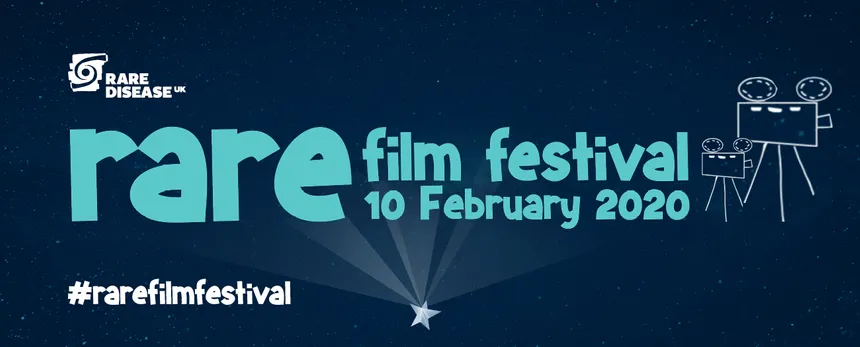Authored by Cello Health, now part of Lumanity
Rare Disease UK hosted the UK’s first ever film festival fully dedicated to raising awareness of rare diseases. Charities, rare disease patients and patient advocates, researchers, healthcare professionals, film-making professionals, pharma and biotech companies, healthcare communication agencies, film production professionals and individuals were invited to submit short films around the theme of rare disease.
Finalists and winners were announced last night at this inspiring event at the Regent Street Cinema in Central London.
I would write pages and not even get close to doing these films justice so I would urge you to go and look at all the entries yourselves.
Amongst many moving topics, the standout theme was diagnosis; the odyssey of weeks, months and years of specialist appointments to try and find out what the problem is; the horrifying impact of being told that your child has a rare, incurable and often fatal disease; the cruel and devastating consequences of delayed diagnosis; and in some scenarios, the gift of an early diagnosis opening up the possibilities of treatment, understanding, support and hope.
The categories were:
- Best Industry – Charity Collaboration
- Best Aspiring Filmmaker – Voluntary Group Collaboration
- Best Aspiring Filmmaker – Charity Collaboration
- Best Agency – Charity Collaboration
- Best Charity Film
- Best Independent Film
- Best Picture
Enjoy the films, admire the craft, absorb the messages and be moved, upset and inspired by these powerful stories … and then make your choice and vote for the ‘People’s Choice Award’ on the site:
https://www.raredisease.org.uk/rarefilmfestival/peopleschoiceaward/
The patient groups and charities need all the help they can get, so why not get involved? Rare Disease Day is coming up, on Saturday, 29 February, so visit https://www.rarediseaseday.org/ for more information.
Individually rare diseases are uncommon but collectively they affect many people. In the UK it is estimated that 3.5 million people will be affected by a rare disease at some point in their lives, that is equivalent to 1 in 17.



